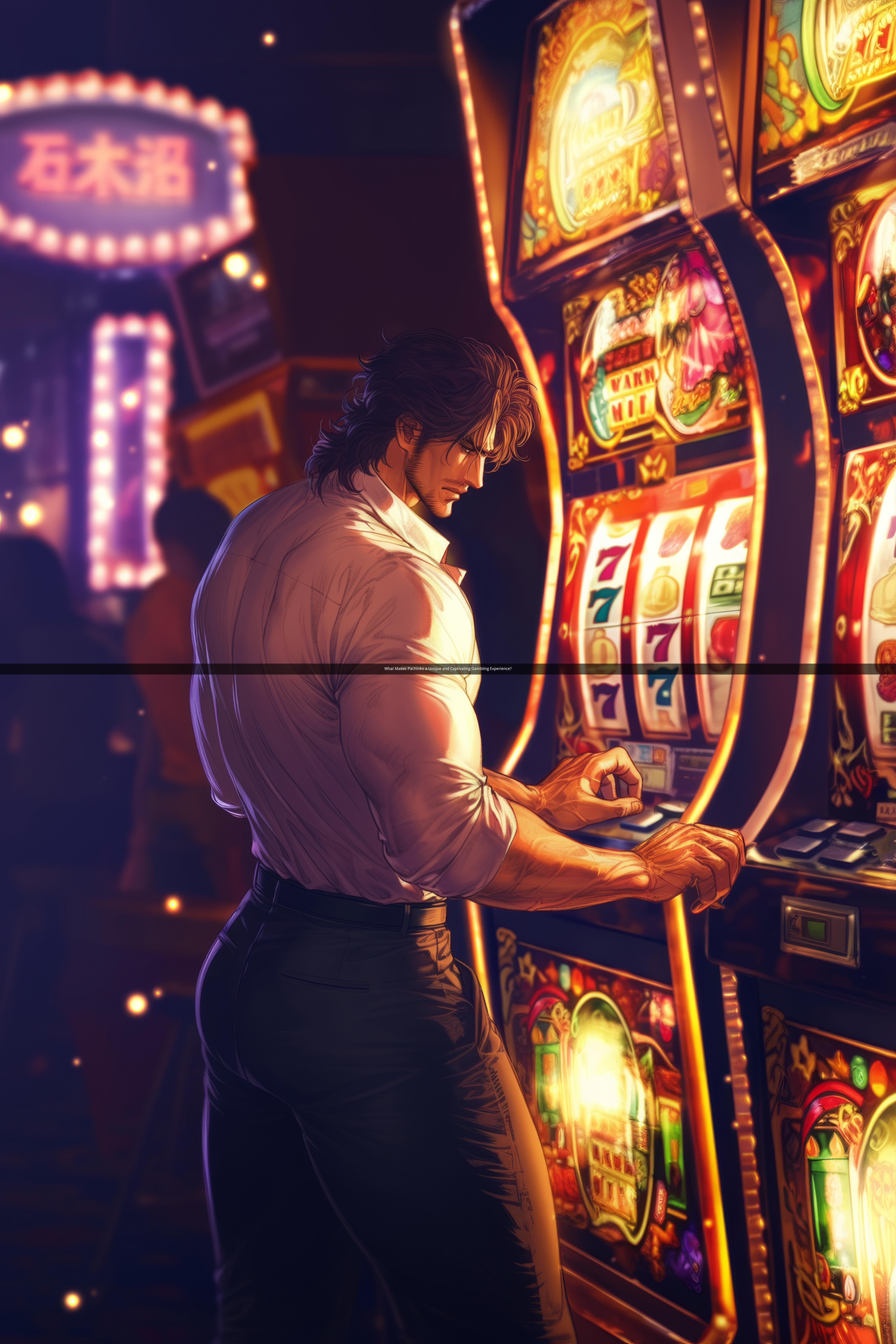
I. The Allure of Pachinko: A Brief History and Evolution
- A. The Origins and Cultural Significance of Pachinko
- The history of pachinko dates back to the early 20th century, born out of the post-World War II Japan. It has since become an integral part of Japanese culture, embodying both a pastime and a form of entertainment.
- Unlike traditional slot machines, pachinko is not a game of chance; it requires skill and strategy. This unique aspect has contributed to its enduring popularity.
- B. Evolution of Pachinko from Arcade to High-End Entertainment
- Over the years, pachinko has evolved from a simple game found in local arcades to a sophisticated and luxurious form of entertainment.
- High-end pachinko parlors now feature plush seating, gourmet food, and even private rooms, transforming the experience into a social and leisure activity.
II. The Mechanics of Pachinko: A Detailed Look
- A. The Pachinko Machine: An Engineering Marvel
- Pachinko machines are intricate pieces of engineering, featuring a series of pins and channels that guide the balls through the game.
- The complexity of these machines is a testament to the Japanese obsession with precision and detail.
- B. The Art of Pachinko: Ball Counting and Strategy
- Unlike slot machines, pachinko requires players to count the balls they collect, which are then exchanged for tickets that can be cashed out.
- This element of skill adds a layer of strategy to the game, as players must learn to aim and calculate their chances of winning.
III. The Pachinko Parlor: A Social and Sensory Experience
- A. The Ambiance of a Pachinko Parlor
- Pachinko parlors are a sensory overload, filled with the sound of clinking balls, neon lights, and the hum of excited players.
- The atmosphere is a mix of tension and excitement, as players compete to achieve the perfect score.
- B. The Social Aspect of Pachinko
- Pachinko is not just a game; it's a social activity. Players often gather with friends or family, making it a communal experience.
- The competitive nature of the game fosters a sense of camaraderie and rivalry among players.
IV. The Economic Impact of Pachinko in Japan
- A. Pachinko's Contribution to the Japanese Economy
- Pachinko is a significant economic force in Japan, generating billions of dollars annually.
- The industry supports numerous jobs and contributes to the country's GDP.
- B. The Controversy Surrounding Pachinko's Economic Impact
- Despite its economic benefits, pachinko has faced criticism for its potential to lead to gambling addiction.
- The government has implemented measures to regulate the industry and protect players.
V. Pachinko in Popular Culture: A Reflection of Japanese Society
- A. Pachinko in Movies and Literature
- Pachinko has made its way into various forms of media, reflecting its cultural significance in Japanese society.
- Movies and novels often use pachinko as a metaphor for life's challenges and the search for meaning.
- B. The Role of Pachinko in Japanese Identities
- For many Japanese, pachinko is more than just a game; it represents a part of their identity and cultural heritage.
- The game's unique blend of skill, chance, and social interaction resonates with the Japanese ethos.
VI. Pachinko in the Global Context: A Unique Japanese Phenomenon
- A. The Spread of Pachinko Abroad
- While pachinko remains primarily a Japanese phenomenon, it has begun to gain popularity in other countries, particularly in Asia.
- The unique combination of skill and chance has piqued the interest of players worldwide.
- B. The Challenges of Globalizing Pachinko
- Adapting pachinko to other cultures presents challenges, as the game's cultural and social context is deeply rooted in Japan.
- Despite these challenges, the game's appeal remains strong, attracting players from diverse backgrounds.
VII. The Future of Pachinko: Innovation and Regulation
- A. Technological Advancements in Pachinko Machines
- The future of pachinko lies in technological innovation, with new machines featuring advanced graphics and interactive elements.
- These advancements aim to enhance the player experience and attract a new generation of players.
- B. The Ongoing Debate on Pachinko Regulation
- The debate over pachinko regulation continues, with calls for stricter rules to protect players and prevent gambling addiction.
- Finding a balance between regulating the industry and preserving its cultural significance remains a challenge.
VIII. Conclusion: Pachinko – A Game of Skill, Chance, and Culture
- A. The Legacy of Pachinko
- Pachinko is more than just a game; it is a cultural phenomenon that reflects the essence of Japanese society.
- Its unique blend of skill, chance, and social interaction has made it an enduring and captivating experience.
Questions and Answers:
1. Q: How does pachinko differ from traditional slot machines?
- A: Pachinko requires skill and strategy, as players must aim and calculate their chances of winning, while slot machines rely solely on chance.
2. Q: What is the cultural significance of pachinko in Japan?
- A: Pachinko is deeply rooted in Japanese culture, representing a blend of skill, chance, and social interaction that reflects the country's values.
3. Q: How has pachinko evolved over the years?
- A: Pachinko has evolved from a simple arcade game to a sophisticated form of entertainment, with high-end parlors featuring plush seating and gourmet food.
4. Q: What is the economic impact of pachinko in Japan?
- A: Pachinko generates billions of dollars annually, supporting numerous jobs and contributing to the country's GDP.
5. Q: How does pachinko fit into the global context?
- A: While pachinko remains primarily a Japanese phenomenon, it has begun to gain popularity in other countries, attracting players from diverse backgrounds.